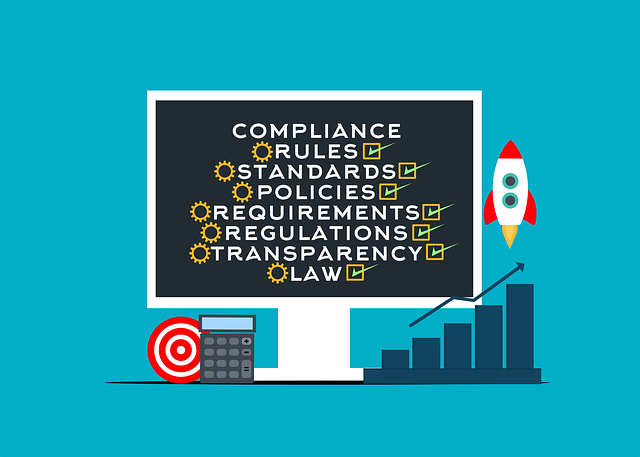In the competitive and regulated real estate sector, prioritizing client safety is crucial. Comprehensive background checks for agents, including property agent background verification and real estate license checks, are essential tools to maintain industry integrity, protect clients, and safeguard agency reputation. Regular screening reveals risks like criminal activity or unethical practices, fostering compliance and building trust. Implementing robust realtor background screening procedures reduces risks, enhances industry integrity, and facilitates smoother transactions.
In the competitive realm of real estate, ensuring client safety and maintaining industry standards is paramount. Background checks play a pivotal role in achieving these goals, acting as a crucial shield against unqualified or malicious agents. This article delves into the significance of thorough background verification for real estate professionals, exploring legal requirements such as real estate license checks and best practices for efficient agent screening. By implementing robust property agent background verification, the industry can foster trust, reduce fraud, and uphold its high standards.
- The Importance of Background Checks in Real Estate
- – The role of background checks in ensuring client safety and maintaining industry standards
- – Legal requirements and compliance for real estate license checks
The Importance of Background Checks in Real Estate

In the competitive and regulated real estate industry, ensuring client safety is paramount. Background checks for real estate agents are an indispensable tool to maintain integrity and protect both clients and the reputation of the industry. Comprehensive real estate agent screening, including property agent background verification, goes beyond verifying a license. It involves digging into an agent’s history to ensure they meet the ethical and legal standards expected of them. Regular real estate license checks help weed out unqualified or untrustworthy individuals, fostering a culture of compliance within the sector.
Client safety in real estate is not just about avoiding fraud; it encompasses building trust. A thorough realtor background screening process can reveal potential red flags, such as past criminal activity, financial discrepancies, or unethical practices. By implementing robust real estate agent screening procedures, agencies and clients alike benefit from reduced risks, enhanced industry integrity, and a smoother transaction experience.
– The role of background checks in ensuring client safety and maintaining industry standards

Background checks play a pivotal role in safeguarding clients and upholding the integrity of the real estate industry. By implementing rigorous screening processes, including real estate agent verification and license checks, potential risks can be mitigated. These checks ensure that those interacting with clients possess the necessary qualifications, experience, and legal authorization to conduct transactions.
Client safety in real estate is paramount, as agents have access to sensitive personal information and financial details. Property agent background verification helps uncover any criminal history, fraudulent activities, or ethical lapses, preventing unqualified individuals from gaining trust and handling valuable assets. This not only protects clients but also promotes industry compliance, ensuring that realtors adhere to legal and professional standards.
– Legal requirements and compliance for real estate license checks

Real estate agencies and brokers are bound by legal obligations to conduct thorough background checks on prospective agents to ensure client safety in real estate transactions. These regulations, which vary across jurisdictions, mandate rigorous screening processes for those seeking real estate licenses. The primary goal is to maintain industry compliance and prevent unqualified individuals from operating within the realm of property agent backgrounds.
The process typically involves verifying educational qualifications, criminal records, and any prior work experience relevant to the sector. By implementing robust real estate agent screening mechanisms, agencies can safeguard their clients from potential risks associated with unvetted professionals. This measure is not just a legal requirement but also ensures the integrity and reputation of the real estate industry as a whole, fostering trust among clients and promoting fair practices in realtor background screening.






